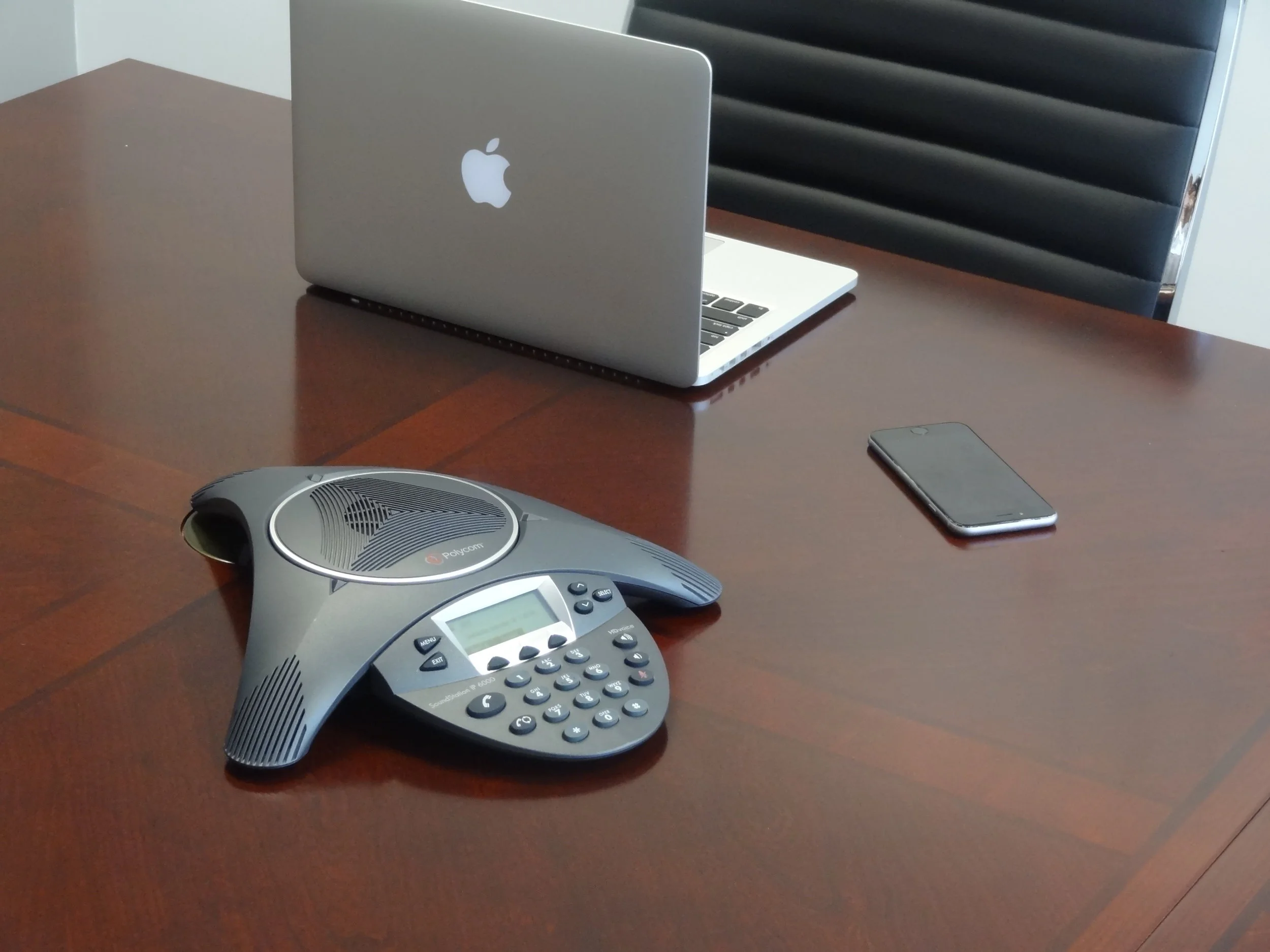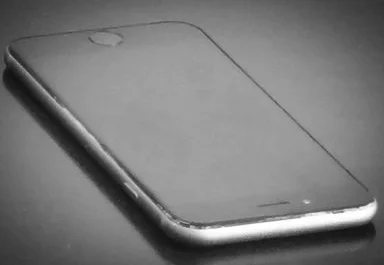Changing Sales Techniques
/One really cool feature on an iPhone is the ability to block unwanted numbers from calls and text messages. Yesterday, I was cleaning up some items on my phone and noticed I had a blocked message from a Toyota dealership I visited 2 1/2 years ago! They were pushy when my wife and I went in to look at a vehicle, which is what led me to block them to begin with. They refuse to leave me alone and still call me years later. What do they think I am going to do, stop over and buy a Toyota I haven't looked at in two years!? Their quota problem is their problem, not mine. Offer a better product and change your culture and maybe we will talk about a car when I am ready for another car.
These types of sales techniques simply do not work in today’s marketplace. The companies that employ these tactics are the reason sales people get a bad reputation. You should not feel dirty after you transact a sale at any time; if you do the company sold you wrong.
There is a myth out there that some sales people have a silver tongue and can close a deal by their charm or pure relentlessness. However, the world is more savvy than that and the only way to sell in today’s market is to employ the skills we now know are more effective. We have evolved into an education-based culture. This means that we have all the information the sale person has on our smartphone and most likely have already done the research prior to walking in. A sales person should be facilitating a purchase, not selling a product. There is a stark difference.
The most effective sales people in the world are the ones who know how to listen. This skill is overlooked during the hiring process, but the only indicator of long-term success in sales. Sales people who fail to listen to their client are doing several things wrong. Here is a list:
- They are frustrating their client by not offering the solutions that they are actually looking for. There are very few situations where a canned solution will satisfy someone’s exact business needs. People need flexibility and customizable products. They may need this feature, or that feature, but maybe not two of the other features. That is okay, just don’t demonstrate them; it doesn’t mean you will lose the sale. My car came with a tow hitch which I will probably never use; it didn't stop me from buying the car. I have spent my share of time on product demos where I was clear on my objective upfront, only to have to be subjected to pointless feature demonstrations on things I would never use. Even though I let the person know I wasn't interested in that ahead of time, the scripted demo continued and they lost my interest to email or the coffee machine. If a sales person is unable to adapt and think outside of the box, then their batting average will be considerably lower than the ones who listen. It all goes back to listening and then responding, not dictating the needs.
- Educate, don't pester. This is the key! When someone contacts you with an interest in a product, start to understand their needs and what they are looking for. As the process plays out, spend time serving their needs and not your own. Don’t pester a client, only ask how you can be of service. Send them supporting information and even competitive data, if necessary. Give them all the tools they need to make a decision and you will earn the sale as well as their respect. Don’t ever be afraid to compliment a competing product for features that are better. Ignoring them or lying about the benefits will only turn people away. Tesla, for example, is a really fast car and it has a lot of great features. The Corvette is not as fast, and never will be, because of a number of factors, but it has an engine and runs on fuel that is abundantly available. If you are selling a Corvette don’t try and compete with Tesla on speed, compete on engine performance and distance. Nearly every product has its own benefits; don’t try and be something you aren’t.
- Stop cold calling: market! The cold calling game has to stop. The numbers simply do not work. Most sales managers teach their outbound teams that in order to hit a specific sales goal they need to make so many calls. The more calls, the higher the sales, or so the logic goes. There are much more effective ways to let people know your product exists. If your products can be sold nationwide, stop trying to tackle the world out of the gate; start smaller. Get your tools, processes, and procedures down to a science. Grow effectively and spend time to learn the marketplace. It is really hard to have a successful online store if you try and be amazon.com. However, if you try and be the best online store for buying Blue Raspberry Donuts, you have a better chance of succeeding. Specialization is why people will contact you, quality is why they will come back. Focus your marketing and perfect your products, then expand out. Remember, amazon.com started as a book store, with just books. The only way to know what you should be selling and your specialty is to listen to the marketplace.
- You don’t know what I want to buy because you never asked my needs. This should go without saying, but most sales people never bother to really understand their clients’ needs. They spend their time figuring out what bucket to place them in instead of figuring out if their buckets fit at all. Again, we are back to listening to the client and understanding them. If I go into a Porsche dealership to look at an SUV and I say I am looking for a three-row SUV, don’t try talk me into a two-row, it will just annoy me. Which of my kids are you wanting to strap on the roof? Understanding someone’s goals and objectives is the only way you can fulfill a need. If you stop and think about it, the businesses you frequent are the ones that listen and meet your needs. It just happens naturally. We don’t go back to restaurants that mess up our special order, nor do we go back to the home improvement store that doesn't carry the size lightbulb we need. Sales is the same way. Just taking the time to understand your client will actually speed up a sale and improve their satisfaction.
- They were successful in the 90s and now they are lost. This is probably the most common mistake I have ever seen, and have personally made myself. I have, at two points in my career as a leader, hired a sales person who had a lot of experience, only to find out their experience was not applicable to the marketplace today. They were from another generation where the sales processes were totally different, and they are unable to compete in the modern marketplace for sales success. Once they were on the team they spent most of their time upset because the younger, less experienced sales person was outperforming them! They were dumbfounded as to why and the reason was crystal clear from an outsider’s perspective; the younger person knew how to sell in today’s market. Never assume what worked yesterday will work tomorrow. You have to constantly adapt and become more agile. You should always maintain your core value, but never keep your tactics. Understand your clients’ needs by listening and intently trying to help them or, as the bible says, serve them.
And that is the real path to client success, in serving your clients. Be a faithful steward and serve God’s children in an ethical way and you will be more competitive in the marketplace. The days of bait-and-switch, fast talk, pressure, and lack of information is over.

